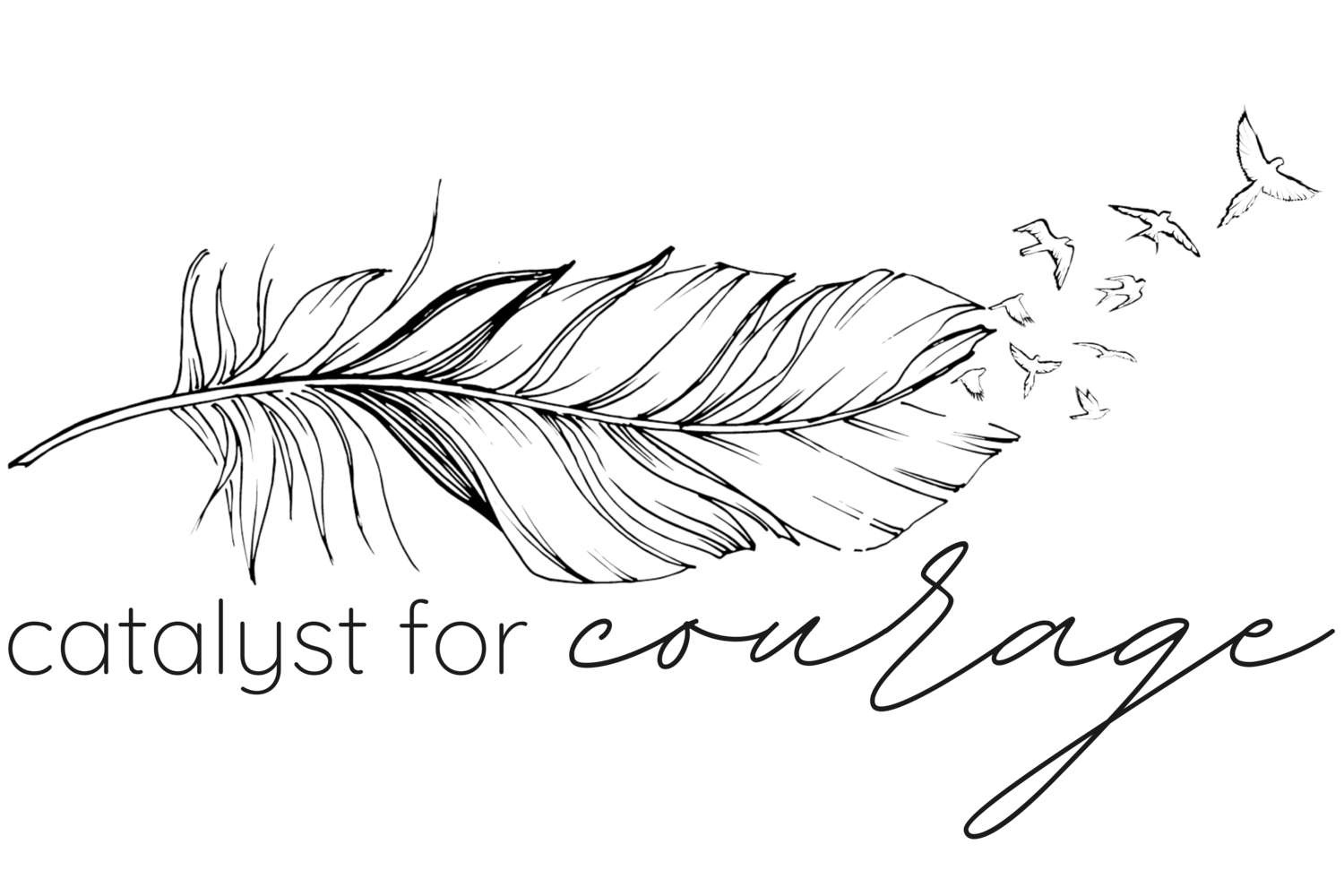
Blog
Feeling Angry after Infertility or Loss? Anger is Often Just the Tip of the Iceberg.
I remember when I was in the middle of my journey with infertility and recurrent pregnancy loss. My therapist introduced me to the “anger iceberg”. I was in the thick of my journey of infertility and recurrent pregnancy loss, and I was angry. I realized over time that I wasn’t just “angry”. My anger was actually just the tip of the iceberg and was masking what I was really feeling. What emotions is your anger masking? Save this post for later and come back to it next time you feel angry to uncover what you’re really feeling.
10 Tools and Tips to Reduce Anxiety During Pregnancy After Loss
The anxiety of pregnancy after loss was greater than anything I’d experienced before and there were many days I wondered if I would be able to make it through.
Throughout all of my pregnancies after loss, I didn’t have the tools or skills to help me ease my fears and alleviate my anxiety. Years later, however, I know there are many effective ways to help reduce anxiety during a pregnancy after loss. While the anxiety of dealing with another loss never fully goes away- reclaiming hope after loss, while incredibly difficult, is NOT impossible.
Here are 10 tips and mantras to help you or a loved one get through the difficult times and reduce anxiety during pregnancy after loss:
Ten Survival Tips for Early Pregnancy After Loss
Chances are, if you’re reading this you recently saw two pink or blue lines pop up on a pregnancy test. And chances are, you’ve seen those lines before, and it’s ended unexpectedly in a loss.
So, first, my heart goes out to you. I’m sure you’re excited and anxious and overjoyed and terrified, all at the same time. And I can only imagine that you’re afraid to get your hopes up. Afraid to get too attached. Afraid of the what-ifs. And, guess what? That is totally normal! It means you are human, that you have loved before, and that you already love this new tiny human.
Pregnancy after loss is incredibly hard, and early pregnancy after loss can feel like the hardest couple of weeks of your life. Often, you are still grieving and you feel like you’ll be crushed under the weight of fear. But you can still have joy, you can still thrive, and you can still have a fulfilling, hope-filled pregnancy.
So here are ten tips for surviving early pregnancy after loss:
What is a Trauma-Certified Birth & Bereavement Doula and Why Should I Consider Hiring One?
While most birth doulas provide non-clinical support during healthy and positive delivery outcomes, a certified bereavement doula is specially trained to support families who are experiencing the loss of a baby or during a subsequent pregnancy after a previous miscarriage, stillbirth, infant loss, or terminal fetal diagnosis.
Birth and Bereavement Doulas are uniquely qualified to serve families through all types of pregnancies and births- including miscarriages and stillbirths, TFMR (Termination for Medical Reasons) deliveries, and “happy” pregnancies and deliveries with positive outcomes that occur after a prior loss. Whether you plan to have a medicated or unmedicated birth, a vaginal delivery or a cesarean section, a hospital birth or a home birth, a doula is a vital part of your birth support team to help you have an empowered and supportive birthing experience.
Navigating Sex and Intimacy After Infertility, Miscarriage, or Infant Loss
Sex can be many things. It can be beautiful. Fun. Wild. Passionate. Mysterious. Exhilarating. Intimate. Magical. Sweet. Tender. Enjoyable. Relaxing. Or even sometimes, “just OK”. But after experiencing infertility, miscarriage, or pregnancy or infant loss- sex can also be many more things. It can be complicated. It can be scary. It can be triggering. It can be painful. It can be sad. For many, there’s this weighty feeling when it comes to sex of “can you (or even should you) experience joy or pleasure when your heart is so unbelievably broken?”
At their core, infertility, pregnancy loss, and infant loss share one major thing in common: grief. For some couples, it may be the grief of losing a baby. For others, it may be the grief of what they imagined life would look like, the loss of time, or the loss of their fertility. Grief, no matter its cause or its form, is complicated.
Sex is vulnerable, and when you are already in a tender state of grief in the midst of infertility or after pregnancy or infant loss, sex can be really triggering. You might be reminded of when you got pregnant with your baby who died. You may be so focused on fertile windows and timed intercourse that sex just feels like a not-so-fun task and just a means to an end. You may feel conflicted about wanting to get pregnant after a loss, but then feel guilty for even thinking about conceiving again so soon. You may feel terrified or anxious at the idea of getting pregnant again. Your relationship with your partner might be a little more fragile than it used to be. Of course, sex is as unique as the couple, but there are common emotions and mind frames many couples going through infertility or loss may experience.





